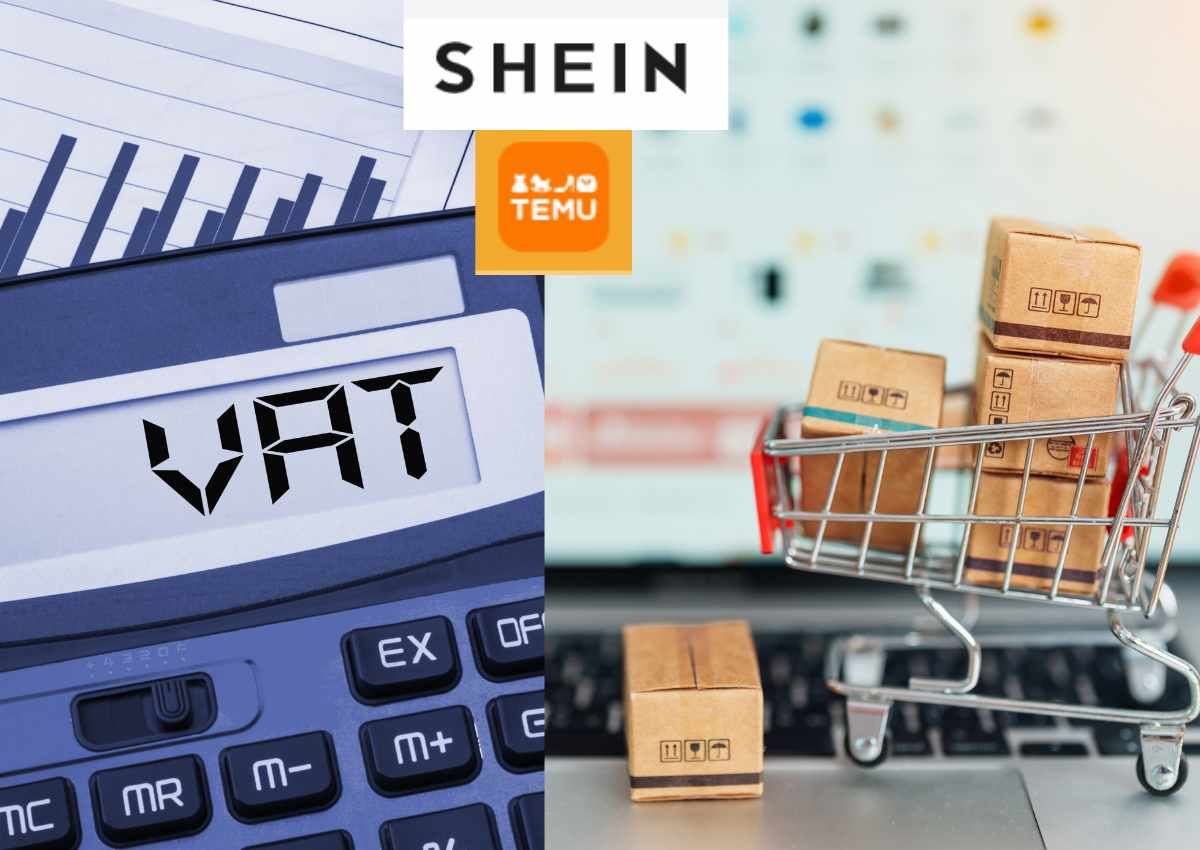Fast-fashion giant Shein, known for its $5 tops and $10 dresses, will open a pop-up store at the Mall of Africa in Johannesburg in August as the online retailer aims to expand its brand recognition in Mzansi.
Shein, founded in China, and its rival Temuhave aggressively expanded worldwide as online shopping has surged after the Covid-19 pandemic.
As reported by The South African website, they have been accused of exploiting tax loopholes by exporting China-made products in small quantities to avoid higher duties.
“Bringing the Shein experience directly to the end consumer is a key part of Shein’s strategy,” the company said in an emailed response, according to Reuters.
“Given that Shein is a digital-first company, Shein’s hugely successful pop-ups are an opportunity for our consumers to touch and feel our products, as well as to interact and engage directly with Shein’s local brand ambassadors.”
Products not for sale
The pop-up store will be open on Friday, 2 August from 14:00 to 20:00 and from Saturday, 3 Augustto Sunday, 11 August between 09:00 and 20:00 as an “exhibition space” for customers to try on trendy fashion and lifestyle products.
The pop-up store will be located in the Sook store, shop 2117, on the upper level of the Mall of Africa, South Africa’s biggest shopping mall.
However, the products will not be for sale.
Instead, those willing to purchase will need to do so online at a discount, the company said in its South African Instagram post.
Local influencers were tapped for a pre-opening marketing campaign.
Brick-and-mortar and online fashion retailers have urged South African regulators to impose a 45% import duty on all clothing item imports, no matter the price, to level the playing field. Shein, which is planning to go public in Britain, taps a network of largely China-based suppliers which take small initial orders and scale up based on demand.
A Shein spokesperson told Reuters the retailer is engaging with South African regulators to ensure its continued compliance with local laws.
“That said, such tax measures are not critical to the success of our business or the competitive prices we offer our consumers. We keep our prices affordable through our technology-based on-demand business model and flexible supply chain,” the spokesperson added.














